Your child's mental and intellectual growth is an essential thing, especially in their early years. You want your child to grow up a quick-witted, alert, and fast-learning fellow, and what they eat affects that significantly. You may have heard that some foods are particularly good for developing brains and retentive memory. But what are these foods, and what exactly do they do?
Read on as we discuss the types of food for brain growth you should give your child today.
Some Details on Children's Brain Development
A child's brain grows the fastest from birth to age 5 compared to any other period of life, and 90% of that happens before Kindergarten. Additionally, early brain development significantly influences a child's capacity for learning and success in school and life.
These early periods are the optimum time for a child's brain to form the necessary connections for many significant higher-level talents. These include motivation, self-control, problem-solving, and communication. Unfortunately, these critical brain connections are significantly more challenging to develop later in life. So, if you want your kid to have the brain power they need, you should take their early mental development seriously, and that includes giving them brain foods.
Best Brain Foods For Your Kids
Here are the top kinds of food for brain growth that your child needs.
1. Whole Grains
Whole grains are generally known for their health benefits, especially regarding a healthy nervous system and reducing the risk of chronic diseases. But they also have other benefits for the brain. Brain growth requires a steady supply of Glucose, which is abundant in whole grains. In addition, the fiber in whole grains helps to regulate glucose release in the body.
Nowadays, it's pretty easy to find whole-grain cereals. But you can always try something unconventional, like whole wheat couscous with cranberries for dinner or low-fat popcorn for a fun snack.
2. Eggs
From research in child nutrition, it is evident that Choline (found in eggs) is very crucial for developing brain function in children. The amount of choline in a big egg with yolk is 125 milligrams (mg), equal to half of what kids between the ages of 4 and 8 need. In fact, a nutrition study from 2017 indicates that most residents of the United States get their Choline from eggs.
Evidently, eggs are good food for brain growth and development, and you should integrate a good deal of it into their diet. For example, you can try an omelet or frittata with veggies for lunch or dinner or a boiled egg as part of breakfast.
3. Fatty Fish
Fatty fish such as Salmon and Tuna are good brain foods as they contain lots of Omega-3 fatty acids, though Tuna is less rich in these acids than Salmon. DHA and EPA are of particular importance, as borne out by research; they are essential for brain development. People who get enough of these acids in their diet generally perform better on cognitive tests than those who don't.
You can prepare Salmon or Tuna for your kid in salads, wraps, and sandwiches. Sardines on whole-grain toast with a side of salad greens is another great dinner idea.
4. Vegetables
Vegetables are great food for brain growth, especially when prepared with other known brain foods like eggs. Leafy greens, in particular, are a good source of folate. For instance, 100 grams of raw spinach contain about half the recommended daily intake of folate for kids between the ages of 4 and 8.
You should ensure your children consume enough sources of dietary folate to maintain proper brain growth and operation. You can try such combinations as spinach, raw watercress, sandwiches, or even salads.
5. Healthy Nuts and Nut Butters
Nuts are excellent sources of anti-inflammatory omega-3 fatty acids, and their derivatives make great food for brain growth. Peanut butter, in particular, has an abundance of Vitamin E and Thiamin. While Vitamin E is a powerful antioxidant that protects nervous membranes, Thiamin enables the brain and nervous system to derive energy from Glucose efficiently.
So, try some peanut butter in your kid's meals. You can make a sandwich with peanut butter with fruit like bananas, dip fruit slices in peanut butter, or even add a few peanuts to their meal. However, you should be sure your kid isn't allergic to peanuts.
6.Oats
Oats are one of the most popular hot cereals kids love, and they are what one might call 'grains for the brain.' Rich in zinc, potassium, and Vitamins E and B, good oatmeal will keep your kid's brain energized all morning.
You can prepare oatmeal for your kid with pretty much anything from fruit slices and milk to pancakes or muffins.
7. Beans
Beans are unique brain foods with their considerable vitamin and mineral content. They also bring energy from protein, complex carbohydrates, and fiber. They're great for keeping your kid's mental acuity on high-gear all day. But their content doesn't end there.
Kidney and Pinto beans, in particular, contain the Omega-fatty acids we discussed. Talk about a rich diet! You can prepare beans in many ways, including with salads and salsa on top. Definitely an especially great food for brain growth.
8. Berries
Berries contain significant antioxidants, particularly vitamin C, which may lower cancer risk. But they also boost memory, as demonstrated by studies on Blueberries.
Berry seeds also contain omega-3 fatty acids, so you should have your kid consume berry seeds or grind them in food. You can also add berries to vegetables, hot or cold cereal, yogurts, or dips.
9. Milk & Yogurt
Milk and dairy foods like yogurts are very dense in B-Vitamins and proteins, which are crucial for growing brain tissue and neurotransmitters and enzymes. They're generally more potent brain foods when mixed with carbohydrates and other protein foods.
There are many ways to serve milk or yogurts, but you should use low-fat milk, which you can serve with cereal. Alternatively, you can make low-fat yogurt parfaits.
10. Lean Beef
Iron is a crucial mineral that supports kids' energy levels and academic focus, and one of the best absorbed sources is lean meat. In fact, studies have shown that as little as 1 ounce daily can aid the body in absorbing iron from other sources. Additionally, lean beef contains zinc, a vital memory supplement element.?
However, for a vegetarian source, you should try black beans, which are a great source of non-heme iron.
11. Amla
Otherwise known as the Indian Gooseberry, Amla is renowned for its many health advantages, including increasing eyesight and immunity. But it is also an excellent brain food as it contains antioxidants and phytonutrients that aid in the brain's defense against dangerous free radicals. It also contains high levels of Vitamin C, which helps produce norepinephrine, a neurotransmitter thought to improve mental function in patients with dementia.
In a Nutshell
The growth of your child's brain depends on a variety of nutrients. They need loads of vitamins and fatty acids that you can get from many of the foods listed here, in addition to other nutrients. However, good food for brain growth also includes a balanced diet. As such, you should endeavour to give your kids food containing as many of these vital nutrients as possible. You will find that your child's brain functions best in the long and short run when they eat a balanced diet.
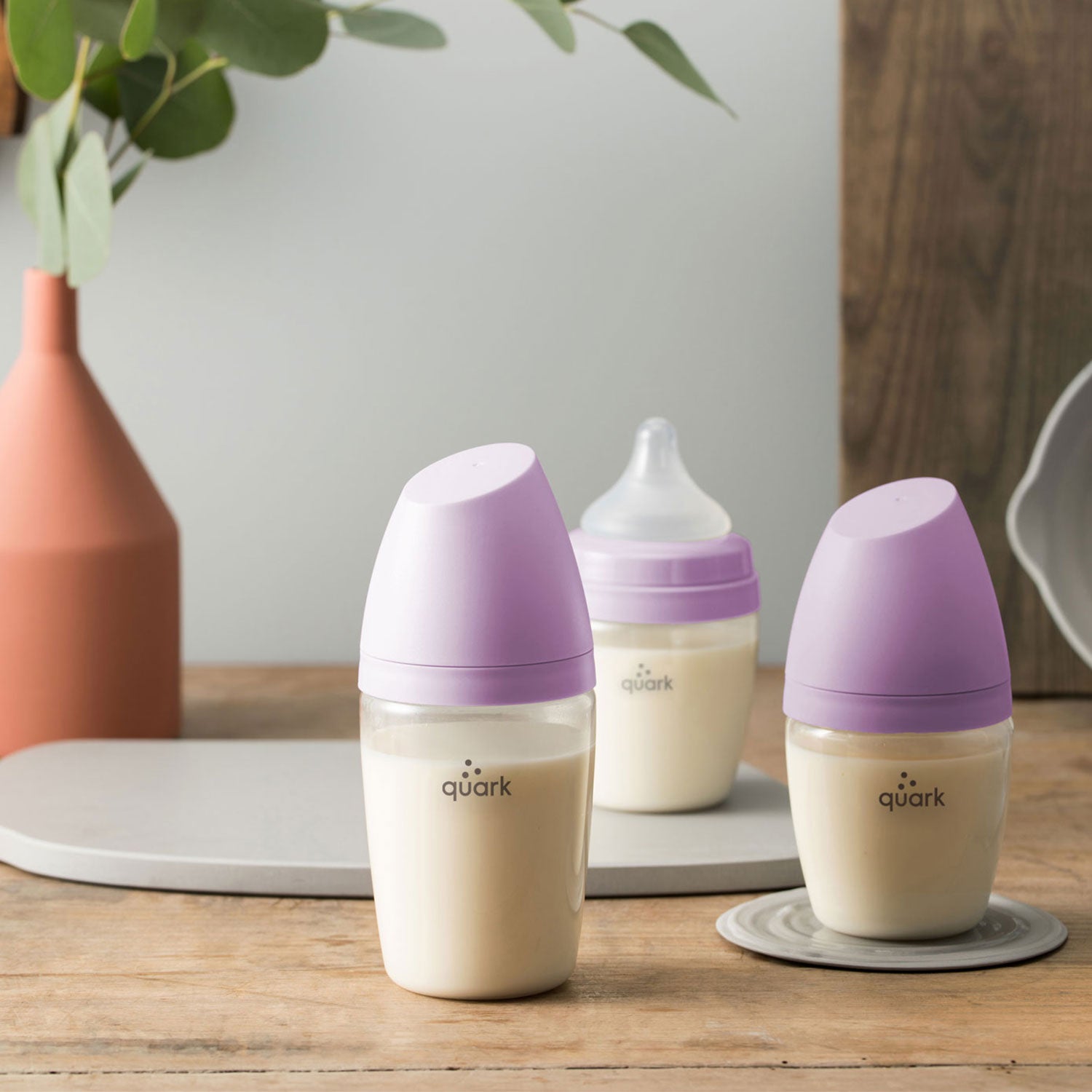




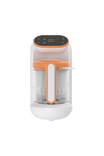
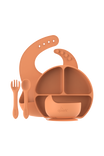
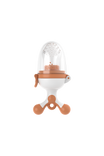
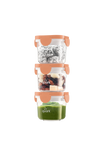
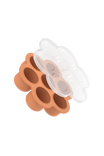
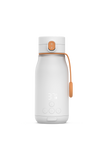
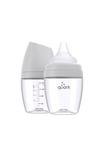
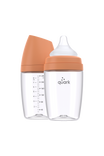
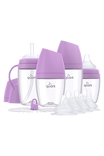
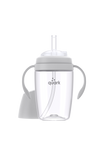
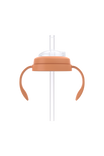
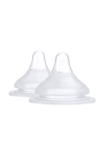
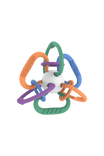
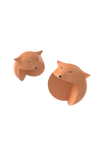
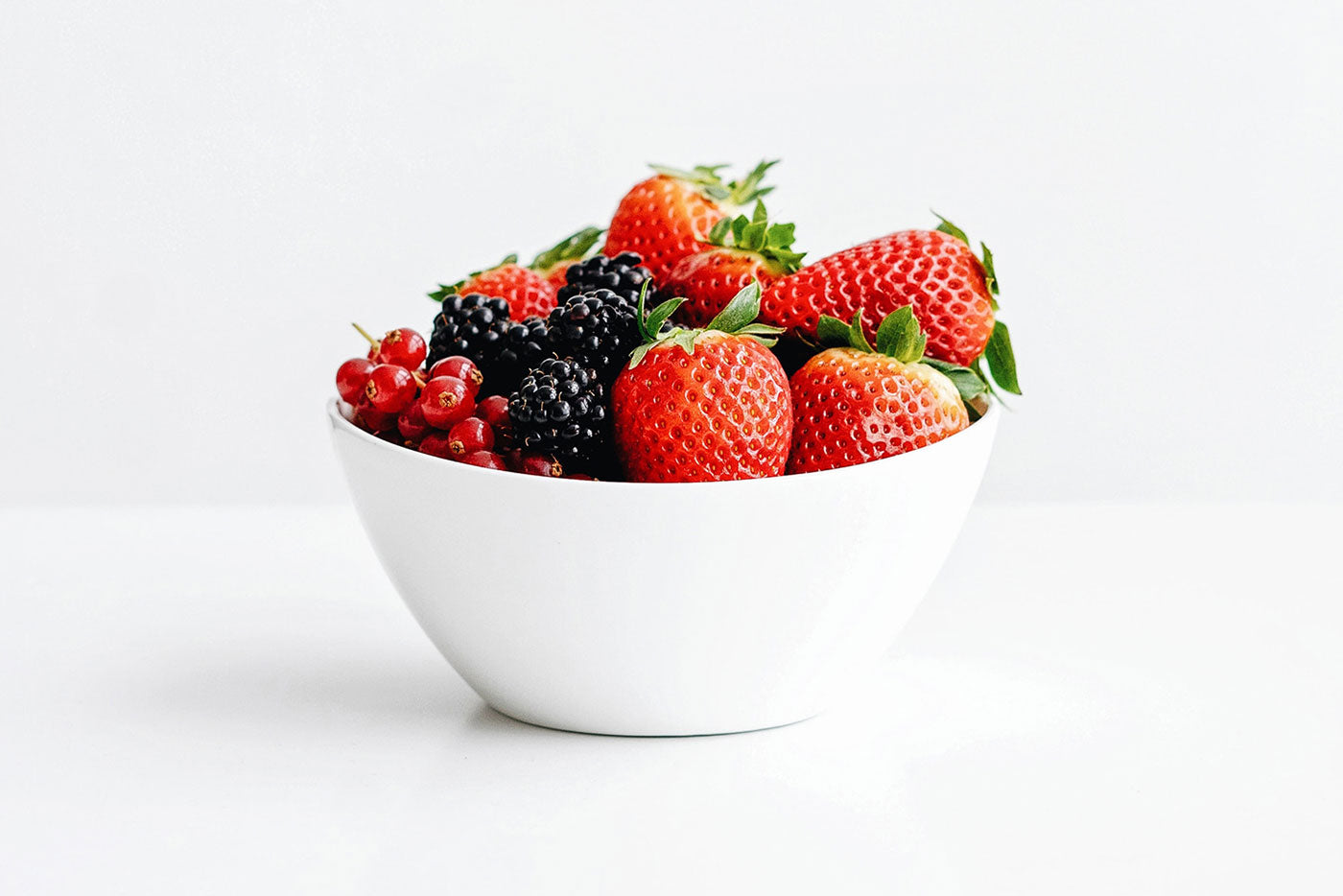

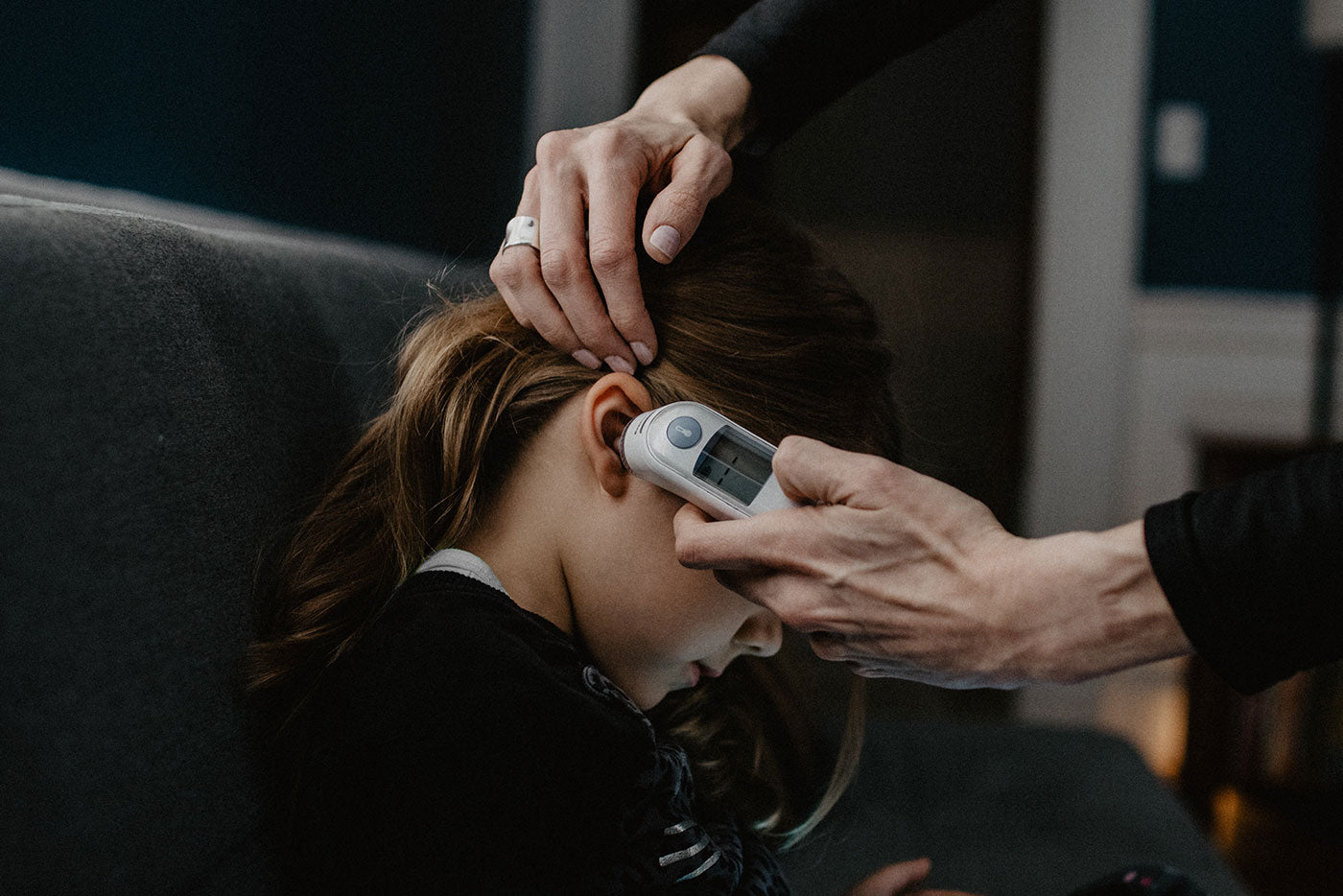
Leave a comment
All comments are moderated before being published.
This site is protected by hCaptcha and the hCaptcha Privacy Policy and Terms of Service apply.